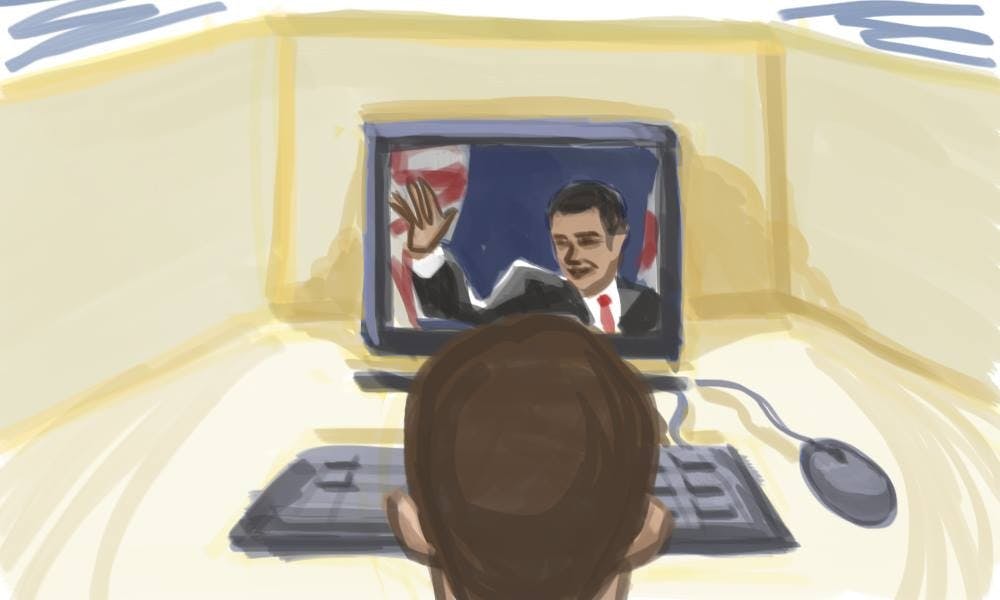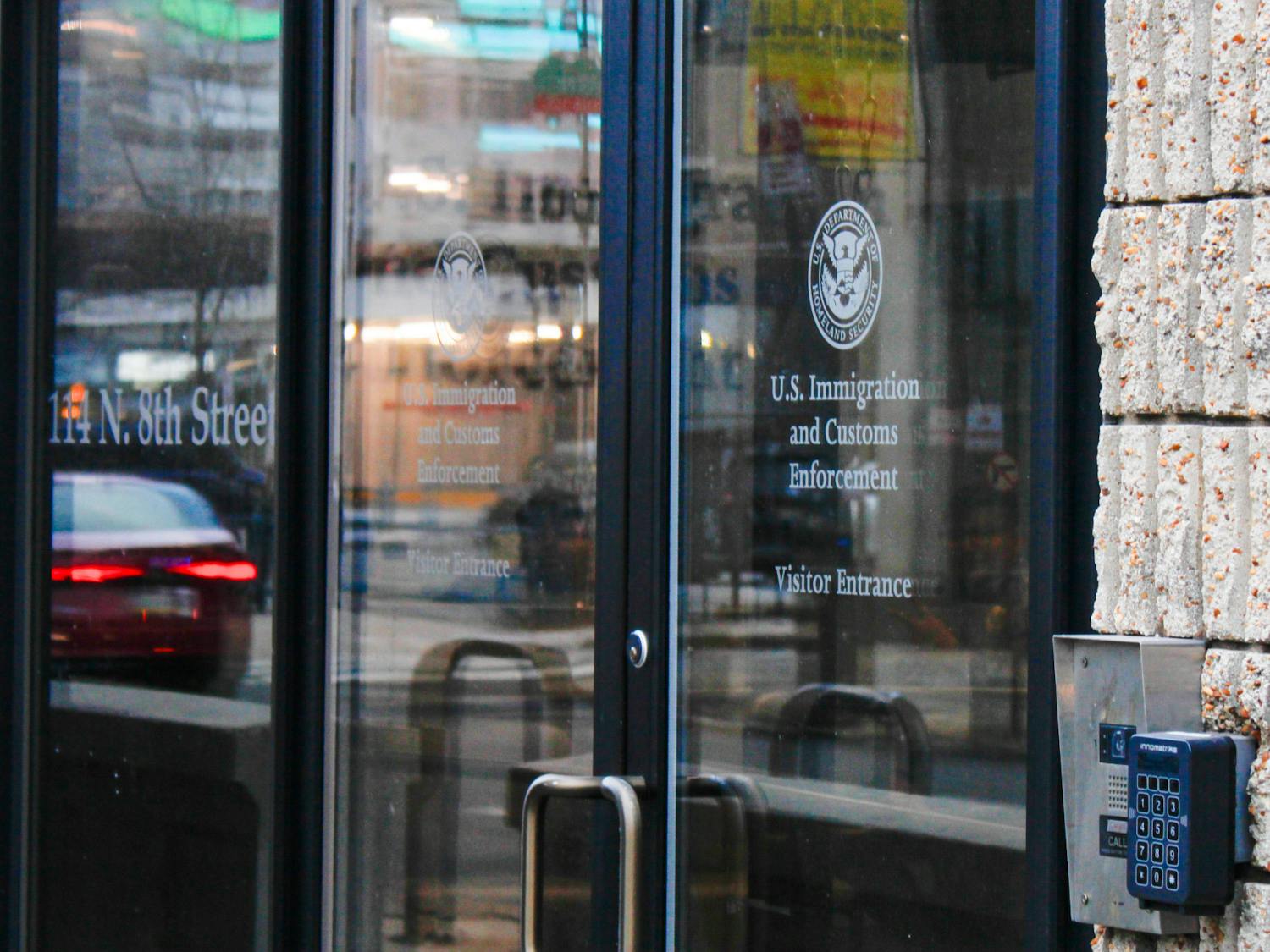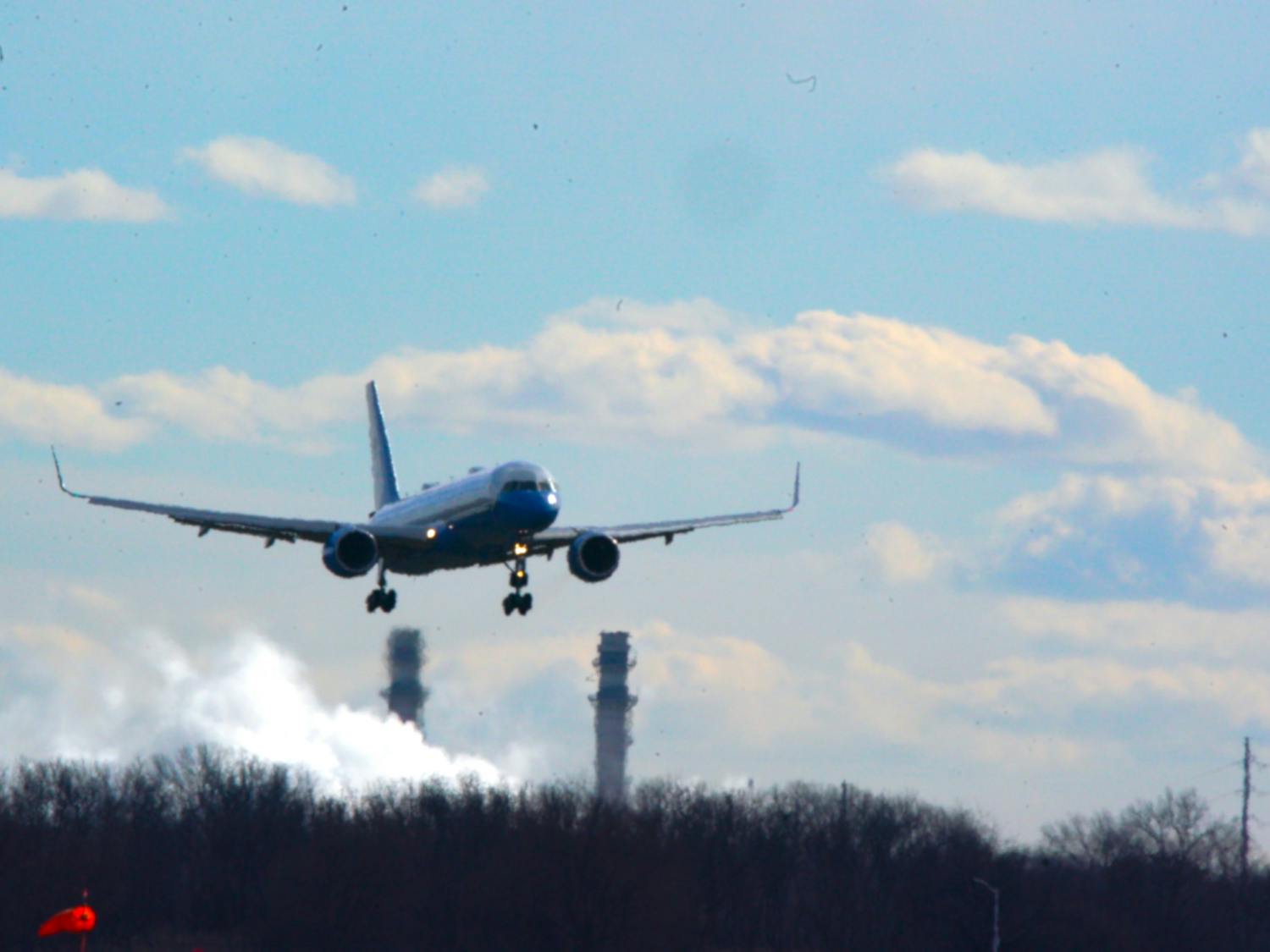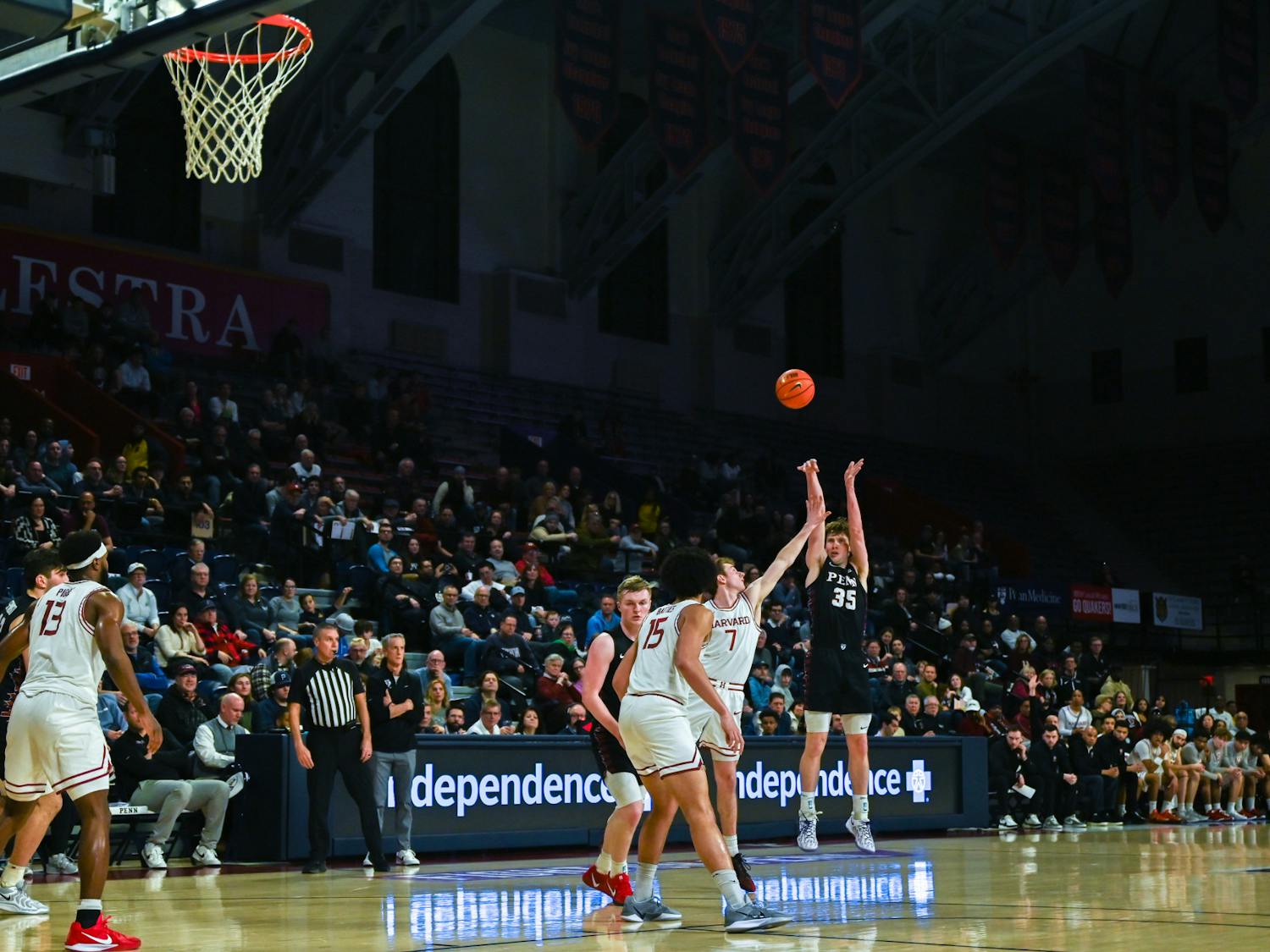It’s senior year for my classmates and me. A great deal of us, and many in years younger, are fretting over the future that looms past graduation. Rightly so: A vast wilderness of unknown twists and turns lies ahead, and no one knows exactly where it will lead, giving even the most headstrong among us some doubt.
It’s scary. The ultimate goal of “making it” — however that may look — is not guaranteed. That’s something that weighs on me, as I’m sure it does many others.
But what has deeply frustrated me recently is this: Most of the best and the brightest people I’ve had the extreme privilege of knowing in our time here have wandered away from their hopes and dreams of making the world a better place in exchange for the certainty of what Penn’s toxic culture defines as “success.”
Frustrating as it is, I find myself unable to blame them completely. For international students hoping to stay in the United States after graduation, large multinational firms are sometimes the only companies to sponsor H-1B visas.
The world’s largest firms swoop onto campus every year and promise six-figure salaries as well as some vague notion of bettering the world through social impact — not to mention the certainty of steady employment many months before graduation even comes around. Especially for students with hefty loans or other large financial aid packages (of which I am one), the offer has to be enticing.
But what is it all for?
As former New York Times journalist, Henry Crown Fellow of the Aspen Institute, and former McKinsey analyst Anand Giridharadas wrote in his new book, “Winners Take All,” the skills taught and values preached at large firms do not help employees leave the industry and make the world a better place. In fact, they often do the opposite.
"Do more good," Giridharadas says, is the policy of firms’ philanthropy wings. Never do they say: "Do less harm." He says they preach to give back, but never to give up the hegemony that stabilizes their place in the status quo that perpetuates the problems they claim they seek to fix.
Firms like McKinsey and Goldman Sachs engage in social impact by mentoring women in private sector leadership or building hospital systems in developing countries. But we can’t act like those bandages make up for the gaping wounds in the society from which these same firms have generated astronomical profits.
Yet, because they offer students nearing the specter of graduation job security and hundreds of thousands of dollars, they continue to scalp the top talent that the American education system produces year after year. The public sector and industries earnestly seeking a just and better world are robbed as a result.
Why are juniors and seniors spending 90 percent of their free time casing and networking and attending info sessions? Why aren’t we contemplating what we really want out of life, and how we can achieve it?
Why is it not expected of us to give back in greater ways than we do? So much has been given to us; so much should be required in turn.
Why doesn’t Penn make a more concerted effort to encourage more singular career paths, or to present clear alternatives to the on-campus recruiting that snaps up students so soon, whether they like it or — as often happens — not? Is Penn content with its degrees being marketed as a means to make oneself richer, rather than seeking self-enrichment?
Some of the classmates I’m proudest of are those doing Teach For America, or post-graduate fellowships, or working abroad with refugees. They might not be affecting the world on a macro-level — at least not immediately — but they will be picking up the necessary experience to do so in the long run, should they choose. In the meantime, they’ll be doing work that would allow even the most restless insomniac to sleep at night.
I won’t be quite as noble, but next May I plan to take to the campaign trail and work on behalf of people and causes that I believe will make the world a better place. Sure, I’ll hopefully end up in law school one day, but it’s more important for me to make an impact in the real world while I can.
It requires a high level of idealism to think one Penn grad can make a difference in the grand scheme of things. Many might say it requires a high level of naivete.
But consider this: Penn has produced an eye-popping number of CEOs. Many of them are not known for admirable reasons. Penn has produced one president. I need not say the same.
Penn’s alumni network has become notorious in recent years. Its reputation won’t improve by adding more financial analysts to the system. That can only start when we step into the unknown bravely and confidently that we can do better.

WILLIAM SNOW is a College Senior from Nashville, Tenn. studying political science and communications. He served as Senior Sports Editor of the 133rd Board of The Daily Pennsylvanian. His email address is snow@thedp.com.









